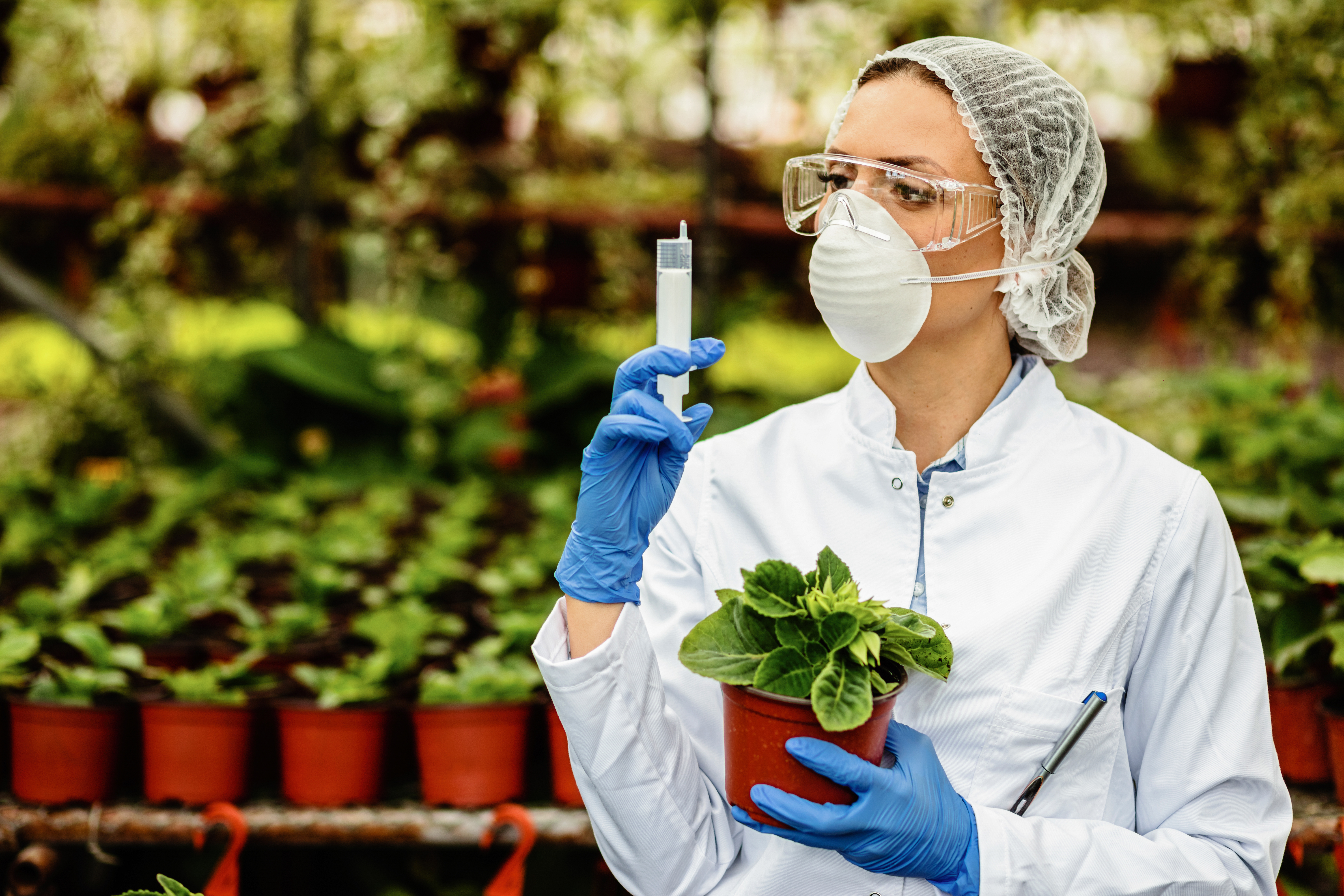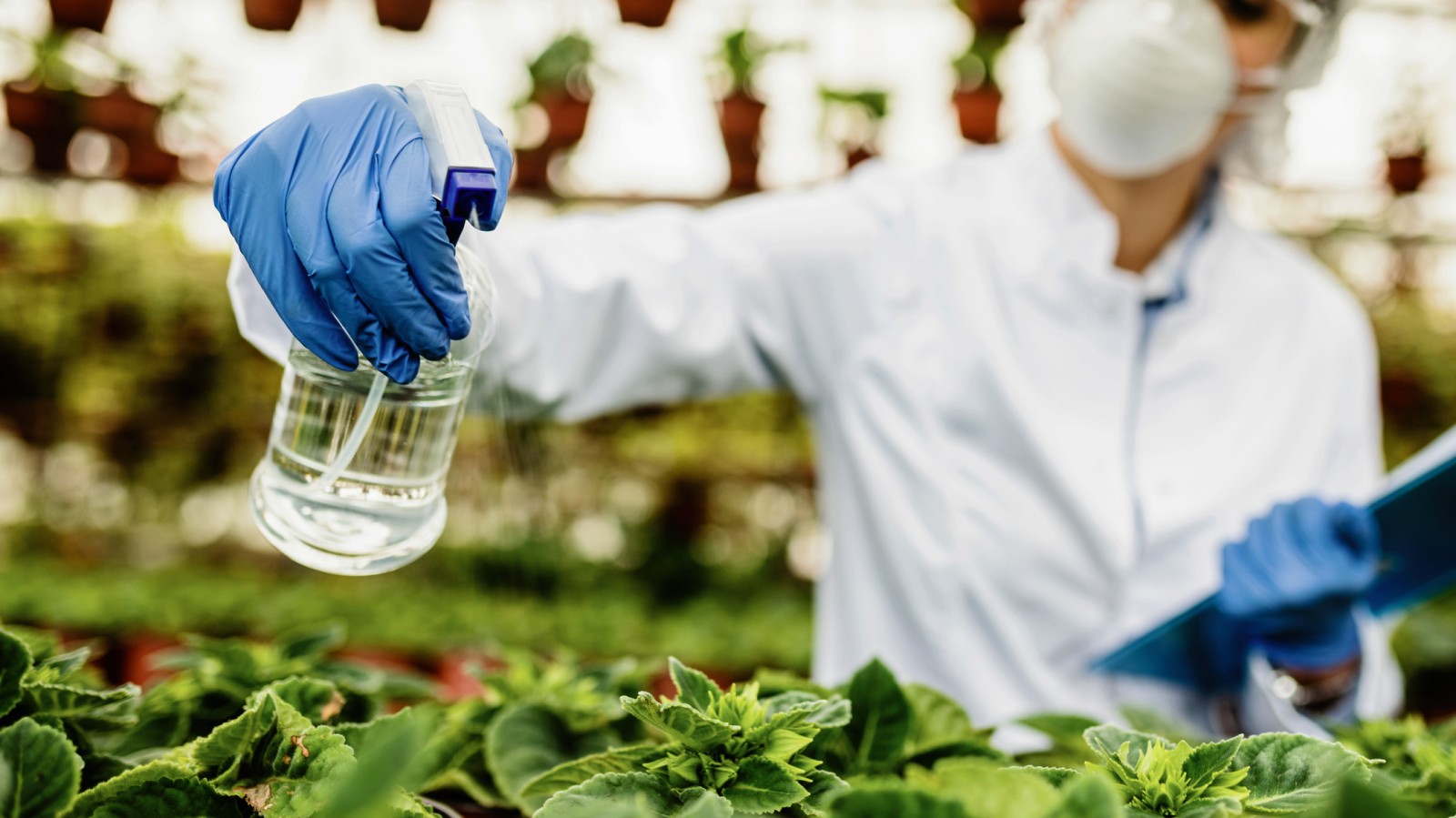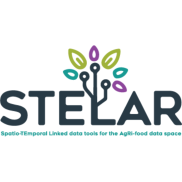How Data Management Helps the Food Industry
The food industry today no longer faces the data access limitations as it did before. Now, the challenge lies in having more data than the capacity to analyze and extract insightful information.
That is why we will tackle the importance of data management for the food industry. Moreover, we will cover how Big Data found its purpose of implementation in various industries, notably influencing the food supply chain.
Diverse Data Landscape in Food Safety
Various types of data contribute to a better understanding of food safety. A large amount of data is collected through satellites, sensors, and IoT devices. But there are numerous other types of valuable information stemming from data, whether the sources are external or internal. For instance, sanitation and supplier verifications, pest control programs, consumer complaints, and production records all play crucial roles in painting a complete picture of food safety.
That data is also essential for the implementation of precision agriculture practices that enable optimized and efficient farming practices. By harnessing the insights gathered from diverse data sources, precision agriculture empowers farmers to make informed decisions. From tailored irrigation and crop management to the targeted application of fertilizers and pesticides, the integration of comprehensive data plays a pivotal role in enhancing crop yields, minimizing environmental impact, and fostering sustainable agricultural practices.
The aforementioned Big Data helps diligently track the entire food production process, ensuring safety and quality standards are met from farm to fork. While the application of Big Data in food safety control has demonstrated significant benefits, several challenges persist, demanding further resolution.
Integrating large volumes of food safety and quality data into conventional databases poses a significant challenge due to the diverse formats, types, and contexts of the information. The complexity arises from the varied sources and structures of the data, making the task of merging them into cohesive databases a sophisticated and intricate process. This complexity requires advanced solutions to ensure the seamless integration and effective utilisation of the diverse data, ultimately enhancing food safety and quality standards.

Foundations of Food Safety and Quality Management
Establishing and maintaining food safety and quality involves identifying Key Performance Indicators (KPIs) and monitoring them closely. For instance, taking into account that temperature control is crucial for food safety, using sensors becomes instrumental in tracking real-time temperature at different stages of food production.
Utilising systematic approaches such as predictive modeling, powered by AI and machine learning enhance the effectiveness of food safety system implementations. Moreover, this transformation of raw data into practical insights is essential for informed decision-making in maintaining and improving food safety standards.
In the food industry, a comprehensive approach is essential for sorting, analyzing, blending, and drawing conclusions to track key performance indicators (KPIs) in food safety and quality, aiding in the identification and management of risks within the food safety management system.
Data visualization is crucial for effective data analysis, enabling clear communication of insights. It helps identify patterns, trends, and outliers in food safety data, compare performance aspects, highlight key information, monitor progress, and collaborate with stakeholders. Various tools like charts, graphs, dashboards, maps, and infographics can be employed for impactful visual representations in food safety management.
Persistent Challenges in Food Safety Procedures
The EU project STELAR recently held a webinar addressing food safety benchmarking, fostering a collaborative discussion on the common metrics and Key Performance Indicators (KPIs) employed by food and beverage companies to evaluate their safety performance. This significant initiative aimed to establish a shared understanding within the industry, facilitating more cohesive efforts in enhancing food safety standards. As the conversation unfolded, a consensus emerged on the necessity of standardized measures, recognizing the importance of aligning practices and metrics. Overall the participants collectively agreed on the adoption of certain benchmarks.
On this webinar, persistent challenges were identified in food safety performance procedures, particularly the issue of suppliers neglecting to update information on raw material changes. This emphasises the need for a tool to track raw material hazards, such as metal or plastics, and identify their sources.
Another challenge lies in the differences between countries in allergy testing standards, impacting accurate packing and labelling for both importers and exporters. Standardisation is crucial to prevent differences arising from varied data tools used by different parties. A platform with digital and visual benchmarking tools was found beneficial among the webinar’s speakers, offering insights into country-specific issues, discovery timelines, and daily updates. The visual format facilitates comprehension, accommodating various learning styles, and the platform easily integrates into existing workflows with proper training.
Sustaining life and fostering good health hinges on access to sufficient amounts of safe and nutritious food. Unsafe food, housing harmful bacteria, viruses, parasites, or chemical substances, contributes to more than 200 diseases, spanning from diarrhoea to cancers. This hazardous situation creates a detrimental cycle of disease and malnutrition, particularly impacting vulnerable groups such as infants, young children, the elderly, and the sick. Strong collaboration among governments, producers, and consumers is essential to ensure food safety and fortify food systems.
An estimated 600 million people, nearly 1 in 10 globally, fall ill due to consuming contaminated food each year, resulting in 420,000 deaths. This underscores the urgent need for collective efforts to establish and maintain robust food safety measures worldwide.
Importantly, navigating the complex landscape of import and export activities requires more attention from food companies to align with evolving safety requirements. Keeping pace with hazard origins in the ever-changing regulatory environment is a priority, particularly for large companies that prioritize safeguarding consumer trust and preventing reputational damage. Recognizing the need for proactive measures, companies stand to benefit significantly from regular updates on food safety performance KPIs and frequent benchmarking. As many companies operate across continents, real-time data availability becomes imperative for teams to collaborate seamlessly in ensuring the highest standards of food safety.
The EU Project Aiming to Enhance Agri-Data Management
The STELAR project is at the forefront of enhancing practical data management in agriculture. This initiative, addressing challenges in data discovery, integration, interoperability, and annotation throughout the food supply chain, involves designing data value chains that align with current needs. To tackle the diverse structures and formats of data from various sources, STELAR is developing a Knowledge Lake Management System (KLMS). This system employs a tool that automatically establishes connections between different data types, ensuring accuracy and scalability, even with large datasets.
The KLMS prioritizes optimal user experience (UX) alongside its analytical capabilities, ensuring a seamless interaction for farmers. The platform simplifies decision-making with explanations and recommended settings tailored to available data. Visualization tools aid the exploration and verification of data connections, persisting even with changes. The system employs sophisticated tools to comprehend user intentions, emphasizing ease of use and visual exploration.
In summary, the pursuit of global food safety and health necessitates united efforts from governments, producers, and consumers. The concerning prevalence of unsafe food, contributing to numerous diseases, particularly impacting vulnerable groups, highlights the urgency for action. Initiatives like STELAR stand out as crucial players, contributing to improved data management, benchmarking, and addressing persistent challenges in the food safety domain.
Stay tuned for the latest insights and updates from the STELAR project by exploring their newsroom and connecting with them on LinkedIn.
Further Reading
Agri-data Management: Who Can Benefit from Accessible Agri-data?










































































